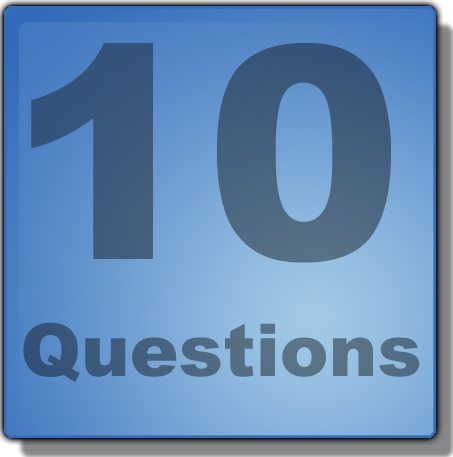 If you’re in the market to buy a house or condo, your lender (in other words, your bank or mortgage broker) will play a critical role. Here are 10 important questions to ask before committing your mortgage to them:
If you’re in the market to buy a house or condo, your lender (in other words, your bank or mortgage broker) will play a critical role. Here are 10 important questions to ask before committing your mortgage to them:
- Is that your best rate? Banks have their official “posted interest rates”, but insiders know that there’s almost always a better rate out there. Simply asking the question might get you this rate, or you might have to shop around to negotiate a better rate with them.
- Can I pre-pay my mortgage? Making extra payments on your mortgage is a great way to save interest costs and shorten the amount of time you have a mortgage. In fact, in the first few years, every extra dollar that you pay above your mortgage payment will generally net you a 100% return. Having the flexibility to pre-pay can be a HUGE advantage. Pre-payment options vary from the ability to double your payments every month to being able to make an annual lump sum pre-payment to no pre-payment options at all. Make sure you know what you’re getting into before you sign on the dotted line.
- Are there any additional fees I should know about? There are almost always hidden fees, so make sure you understand what your bank or broker will be charging you for and what they’ll be paying (and of course try to negotiate!)
- What will the penalty be if I sell my house before the end of my mortgage? Mortgages are generally for a set period of time (for example, 2, 5 or 7 years) and are amortized over a set number of years (usually 20 or 25 years). If you decide to sell your condo in year 3 and move to a bigger house, can you take your existing mortgage with you? What if you decide to sell your condo and rent for a while? We’ve seen too many people surprised by pre-payment penalties. Better to know the facts ahead of time.
- Can you guarantee me that rate in writing? If you’re in the early stages of your search for a home, you’ll want to be pre-approved for a mortgage. Formal pre-approvals are generally valid for 90 days, so make sure to get it in writing in case interest rates go up. If you’re shopping around for a better rate, a written rate guarantee from one lender might help you negotiate with another.
- Will you be performing an appraisal and if so, who pays for it? Most lenders will send in a formal appraiser to determine the value of the house or condo you bought before giving you the money. The bank wants to make sure that they aren’t lending you more than the house is actually worth (they especially worry about the bidding wars that go way over asking and some particular condo buildings). It’s important to have the conversation about appraisals with both your lender and your realtor.
- Can I get a line of credit at the same time as my mortgage? Depending on your down payment, credit history and your qualifications, you may be able to get a line of credit with an attractive interest rate at the same time as your mortgage, saving you time and money later. Lines of credit can help with renovation costs or simply provide a cushion in the event of an emergency.
- What are the advantages and disadvantages of fixed-rate mortgages and variable rate mortgages? Everyone has an opinion on the fixed vs variable debate, and while your banker doesn’t have a crystal ball, they do have a lot more experience than you (and yes, even your REALTOR).
- If my condo doesn’t sell before I get possession of my new house, what happens? This is critical to fully understand if you already own a home and are looking to buy another. There’s rarely an easy answer to the question of whether you should buy or sell first, but it’s important to understand what happens in all the scenarios. Do you need an agreement of purchase in place on your current home in order to get the new mortgage? Do you qualify for bridge financing, and if so, how much will that be? What is the worst-case scenario?
- My downpayment is locked up in RRSP’s-how can I provide a deposit? Within 24 hours of your offer to purchase being accepted, you will need to provide a deposit to the listing brokerage (usually around 5% of the purchase price in Toronto). If your money isn’t quickly accessible, your bank can likely give you a temporary line of credit-but you’ll need to organize this BEFORE you put in an offer.
